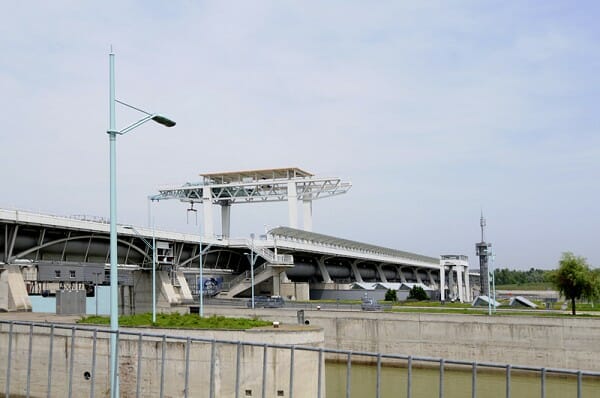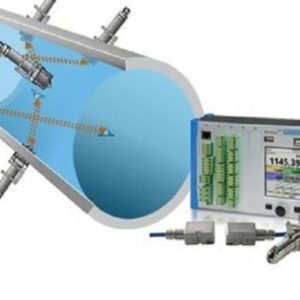E – 1454 Hydroelectric Power Plant Structures
$75.00
Courses Included
The course discusses location, configuration and design considerations for hydroelectric powerhouses The factors affecting the location include: Location of the spillway (when powerhouse is located adjacent to the dam). Location of navigation locks (on navigation projects). Foundation conditions. Valley width. River channel conditions below dam. Accessibility. Location of switchyard and transmission lines. At projects where the powerhouse is located at the dam adjacent to the spillway, local condition such as width of flood plain, accessibility, and depth of foundations will usually govern the location. On projects which will include a navigation lock, the powerhouse is preferably located at the opposite end of the spillway from the lock. Where the river channel below the dam has an appreciable fall, economic studies should be made to determine whether a remote powerhouse location downstream from the dam is justifiable.
Course Outline
1. GENERAL REQUIREMENTS
2. ARCHITECTURAL REQUIREMENTS
3. STRUCTURAL REQUIREMENTS
This course will give civil and structural engineers and other professional engineers and construction managers an introduction to hydroelectric power plant configuration, planning and design considerations.
Description
The course discusses location, configuration and design considerations for hydroelectric powerhouses The factors affecting the location include: Location of the spillway (when powerhouse is located adjacent to the dam). Location of navigation locks (on navigation projects). Foundation conditions. Valley width. River channel conditions below dam. Accessibility. Location of switchyard and transmission lines. At projects where the powerhouse is located at the dam adjacent to the spillway, local condition such as width of flood plain, accessibility, and depth of foundations will usually govern the location. On projects which will include a navigation lock, the powerhouse is preferably located at the opposite end of the spillway from the lock. Where the river channel below the dam has an appreciable fall, economic studies should be made to determine whether a remote powerhouse location downstream from the dam is justifiable.
Course Outline
1. GENERAL REQUIREMENTS
2. ARCHITECTURAL REQUIREMENTS
3. STRUCTURAL REQUIREMENTS
This course will give civil and structural engineers and other professional engineers and construction managers an introduction to hydroelectric power plant configuration, planning and design considerations.
- Learn about sub-structure requirements;
- Learn about the three types of powerhouses classified as to method of housing the main generating units;
- Learn how to design a functional and efficient erection bay;
- Learn about design considerations when locating main power transformers;
- Learn how important auxiliary equipment and systems affect power plant configuration;
- Learn about storage battery and charging room requirements; and
- Learn the recommended live loads for structural design.






